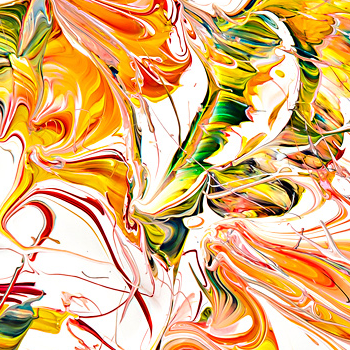How are white blood cells created?
1 Answer
They are created in the bone marrow through the influence of special signalling proteins known as cytokines.
Explanation:
Let me start by saying that blood cell production and development is a very long and complex process. I assume that you want a straight-to-the-point answer, so I am leaving out a lot of the steps and giving you the most basic highlights of the process. Just know that there are many more steps to white blood cell development than is described here.
All blood cells originate from what are known as hematopoietic stem cells. Through the signaling of very specific cytokines, some of these stem cells will differentiate into what are known as granulocyte/monocyte progenitor cells.
"Granulocyte" is just another term for white blood cells.
"Monocytes" eventually develop into another type of cell known as macrophages.
The key here is that, as these progenitor cells are exposed to more cytokines, they continue to differentiate and become specialized blood cells.
Now, at this point, a very critical cytokine, known as granulocyte/monocyte colony stimulating factor (GM-CSF), comes in and signals the granulocyte/monocyte progenitor cells to differentiate into one of three different types of white blood cells:
- Neutrophils
- Eosinophils
- Basophils
Each of these types has their own specific stages of development and their own specific functions within the body.
As a reminder, remember that white blood cell production occurs in the bone marrow.
~AP

